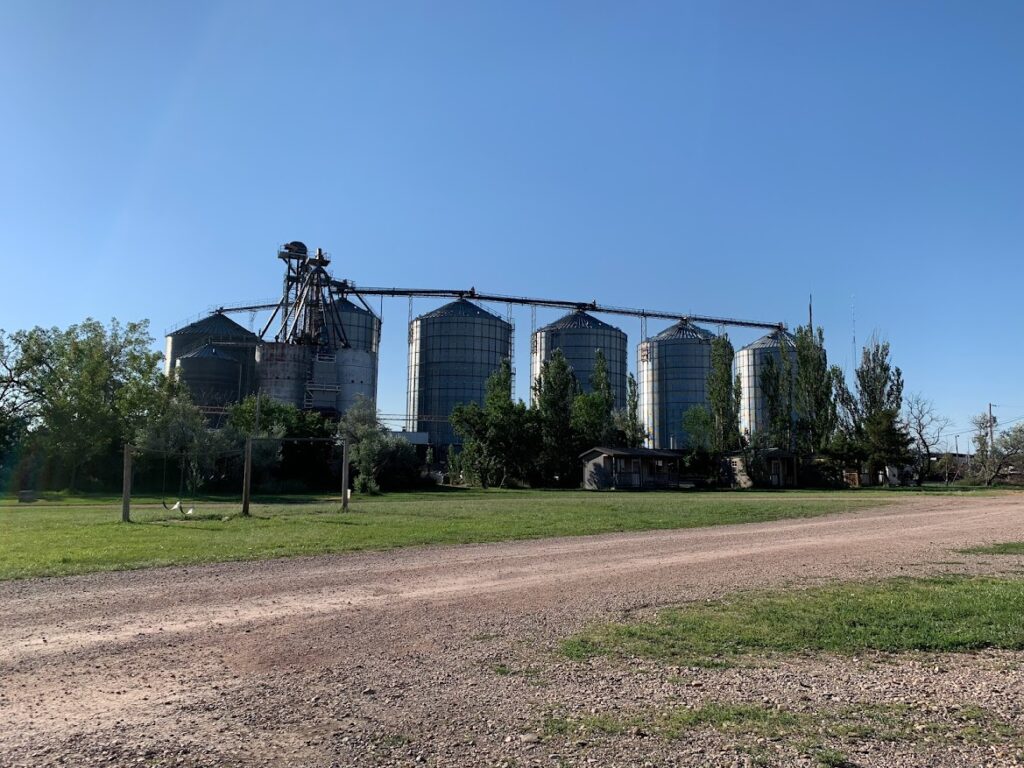
Sacrificial Generosity
“Contribute to the needs of the saints and seek to show hospitality.”
Romans 12:13
Throughout the Bible believers are instructed to be generous and give to those who are in need. Leviticus 23:22 says, “And when you reap the harvest of your land, you shall not reap your field right up to its edge, nor shall you gather the gleanings after your harvest. You shall leave them for the poor and for the sojourner: I am the LORD your God.” When the farmer was gathering his harvest often there would be produce that was missed as the harvesters were working in the fields. A farmer could send his workers to go through the fields again and gather up all the harvest that they missed the first time. But the Lord instructs his people to leave the missed produce in the field so that the poor and sojourners could go through the fields and find food for themselves.
In the Pentateuch God instructs his believers on their posture towards those in need, “If among you, one of your brothers should become poor, in any of your towns within your land that the LORD your God is giving you, you shall not harden your heart or shut your hand against your poor brother, but you shall open your hand to him and lend him sufficient for his need, whatever it may be. (Deut 15:7)” It is easy for a person to harden his heart to those who are in need assuming that they are in that situation because of their own laziness or foolishness. We are instructed to have a generous heart instead of a closed fist and hard heart.
The Apostle John informs us that a generous heart is an indication of genuine faith. “By this we know love, that he laid down his life for us, and we ought to lay down our lives for the brothers. But if anyone has the world’s goods and sees his brother in need, yet closes his heart against him, how does God’s love abide in him? Little children, let us not love in word or talk but in deed and in truth. (1 John 16-18)” James adds that if a person sees his brother and need and offers pious platitudes rather than meeting the genuine need that person’s faith is empty. “If a brother or sister is poorly clothed and lacking in daily food, and one of you says to them, ‘Go in peace, be warmed and filled,’ without giving them the things needed for the body, what good is that? So also faith by itself, if it does not have works, is dead. (Jam 2:15-17)”
When Paul met with the Pillars of the church at the beginning of his public ministry, he compared notes to make sure the message he had received from the Lord was the same message that was being preached by the rest of the Apostles. He was affirmed by Apostles. Later he writes about the experience, “When James and Cephas and John, who seemed to be pillars, perceived the grace that was given to me, they gave the right hand of fellowship to Barnabas and me, that we should go to the Gentiles and they to the circumcised. Only, they asked us to remember the poor, the very thing I was eager to do.” (Gal 2:9-10). One of the activities Paul undertook while visiting churches was to take a collection for the poor in Jerusalem and he was eager to do it (see Romans 15:25-28).
Should we only give to needy believers? From some of these passages it might seem that way, but God has called us to be large-hearted both with believer and unbeliever even though our first priority is to our brothers and sisters in Christ. “Let us not grow weary of doing good, for in due season we will reap, if we do not give up. So then, as we have opportunity, let us do good to everyone, and especially to those who are of the household of faith. (Gal 6:9-10)” As here in our passage in Romans, Paul tells us to first care for the genuine needs of our church family, then let our generosity and hospitality extend to the genuine needs of those who do not know Christ. In this way “they may see your good works and give glory to your Father who is in heaven. (Matt 5:16)”
